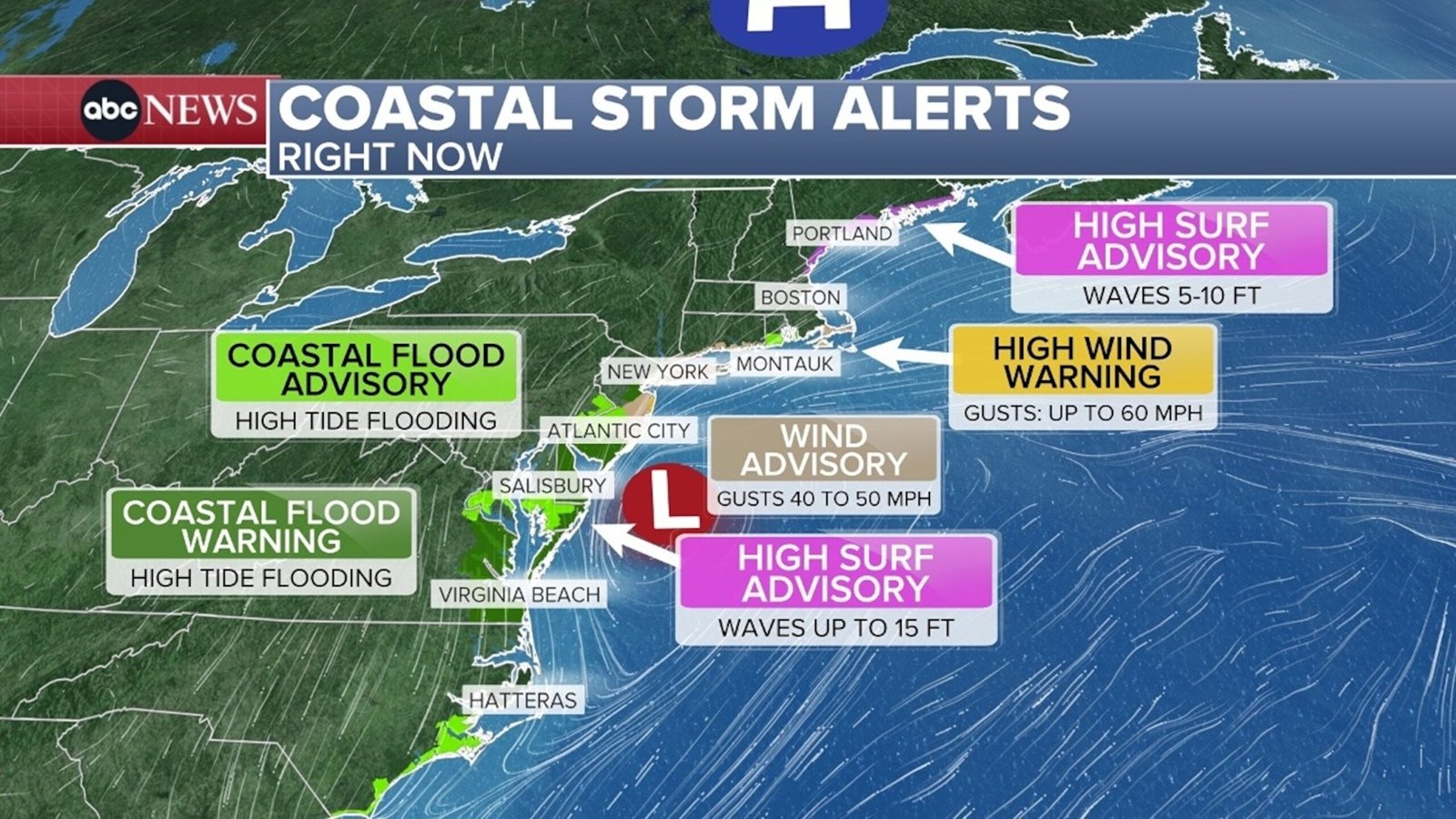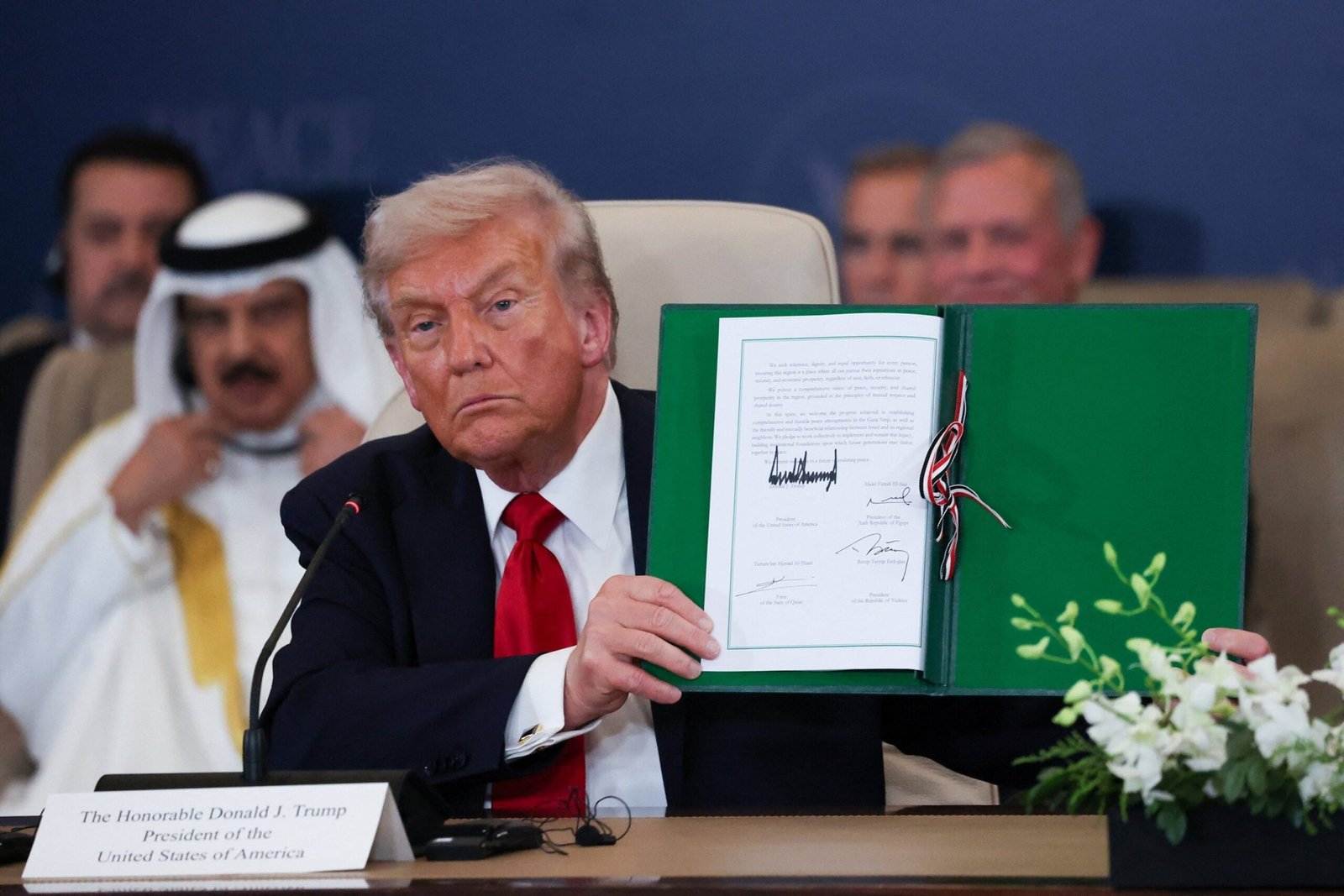A federal judge has temporarily blocked President Donald Trump’s attempt to federalize and deploy Oregon National Guard in Portland.
The United States District Judge, Karin Immergut, issued a temporary restriction order on Saturday, except for the deployment of the troops for at least 14 days, saying that the Trump base to federalize the guard was not required a high bar to justify a deployment without the approval of the state governor.
While there have been protests in Portland, the judge said in his decision, “they are not significantly violent or harmful” to justify the deployment.

Portland, Oregon – October 4: federal agents, including members of the National Security Department, the Border Patrol and the Police, try to keep the protesters back to the outskirts of an Immigration and Customs Installation of the USA. The installation has become a focal point of night protests against the Trump administration and its announcement that it will send Portland National Guard troops.
Spencer Platt/Getty Images
“These incidents are inexcusable, but are not close to the type of incidents that cannot be handled by the force of application of the regular law,” wrote the judge, who was nominated for the Federal Bank by Trump.
The decision covers 200 Soldiers who have been training on the Oregon coast.
The Trump administration is expected to appeal the decision before the Ninth Circuit Court of Appeals, which revoked a similar ruling that sought to block the deployment of Trump’s troops in Los Angeles during the summer.
What the judge said in the decision
Trump took social networks last month to declare that he was sending National Guard troops to “Portland devastated by war”, citing the need to protect immigration facilities there.
But the judge said that Trump’s determination about the alleged chaos in Portland was “simply without binding the facts,” and said he probably exceeded his authority under the Constitution.
The judge also warned that the actions of the Trump administration run the risk of blurring the line between the civil and military government.
“This country has a tradition of long -standing and fundamental resistance to government overreach, especially in the form of military intrusion in civil matters,” Immerut wrote. “This historical tradition is reduced to a simple proposal: this is a nation of constitutional law, not of martial law. The defendants have made a variety of arguments that, if accepted, risk blurring the line between the civil and military federal power, to the detriment of this nation.”
Despite Trump’s claims, Immerut said that protests in Portland have not been “significantly violent or disruptive” and that they are insufficient to federalize the National Guard.

Customs agents and the border patrol are outside an immigration and customs control center in the United States during a protest on Saturday, October 4, 2025 in Portland, Oreg.
Jenny Kane/AP
While the president generally has the right to “a great level of deference,” he said that “it is not equivalent to ignoring the facts in the field.”
She said that Trump’s own statements on the deployment of federalized national guards “more support that her determination was not” conceived in good faith. “
Immergut concluded that Trump’s attempt exceeds his authority under federal law and violates the tenth amendment, which violates the state of Oregon’s sovereignty.
“In a nutshell, the problems at stake in this case are important, and the consequences of the decision of this court are of great reach. As soon as the Federalized National Guard unfolds in Portland, the state of Oregon will suffer an injury in its sovereignty,” he wrote.
“This case implies the intersection of three of the most fundamental principles in our constitutional democracy,” the judge wrote, describing them as the relationship between the federal government and the states; the relationship between the United States armed forces and the application of domestic law; and the role of courts.
“If we chose to follow what the Constitution demands regarding these three relations goes to the heart of what it means to live under the rule of law in the United States,” Immingut wrote.
How Oregon officials reacted
Oregon officials celebrate the judge’s decision.
Governor Tina Kotek issued a statement, saying “justice has been served and the truth has prevailed.”
At a press conference after the judge’s decision, Oregon’s attorney general, Dan Rayfield, whose office had challenged the deployment in the court, said the ruling should be a “attention call” for Trump.
“No president is allowed to invent facts or trust the social networks of networks or publications by deploying the United States army in our cities,” Rayfield said. “It is an incredibly dangerous precedent in the United States, and today’s ruling stops what seems to be the president’s attempt to normalize the United States army and our cities.
The mayor of Portland, Keith Wilson, said the ruling shows that the federal government exceeded his authority and said that local authorities are able to maintain peace.
“The number of federal troops that are necessary or desired is zero,” he said.
The mayor asked the protesters to “descalize and disconnect” from the immigration and compliance with customs of the city, saying that “today was a good day. Peace wins today … the facts are important. That is what we must focus on today.”




